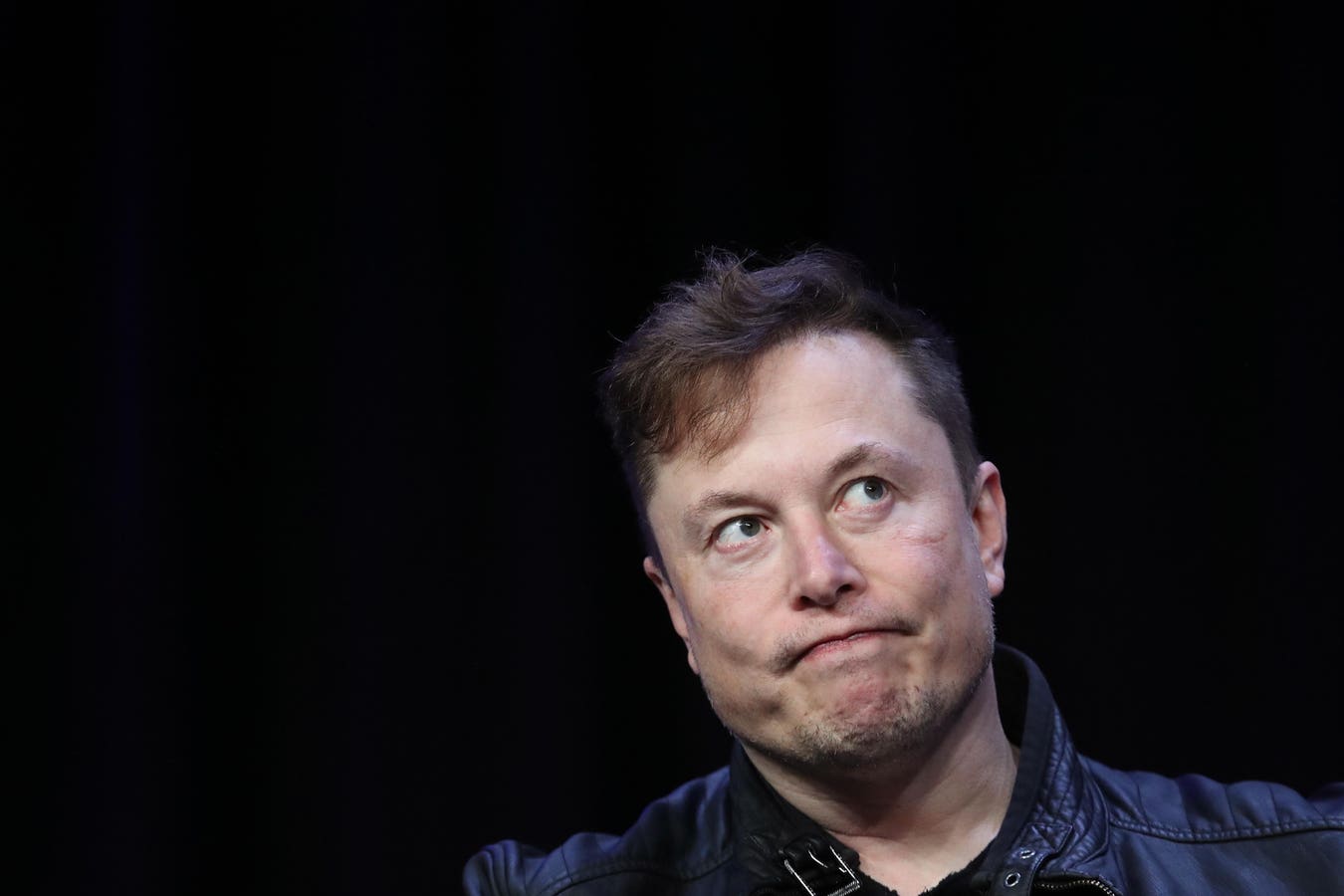We’ll have to wait until Monday to see how “tense” the sit down was between tech entrepreneur Elon Musk and former CNN host Don Lemon—when the latter posts the video interview of Musk on YouTube, while it will also be available as a podcast. However, what is already known is that X, the social media platform formerly known as Twitter, pulled its partnership deal with Lemon after Musk sat down for the interview.
On Wednesday, Musk’s social network platform announced via a tweet, “X is a platform that champions free speech, and we’re proud to provide an open environment for diverse voices and perspectives. The Don Lemon Show is welcome to publish its content on X, without censorship, as we believe in providing a platform for creators to scale their work and connect with new communities. However, like any enterprise, we reserve the right to make decisions about our business partnerships, and after careful consideration, X decided not to enter into a commercial partnership with the show.”
However, Lemon fired back in his own tweet declaring, “Elon Musk is mad at me,” and vowed to continue with The Don Lemon Show, which will now be posted on YouTube.
“Throughout our conversation, I kept reiterating to him that although it was tense at times, I thought it was good for people to see and hear our exchange and that they would learn from our conversation,” Lemon added in a statement.
It was just two months ago that X first announced its content partnership with the former host, and it was seen as an attempt to offer different takes from across the political spectrum. It came months after former Fox News Channel host Tucker Carlson joined X with a weekly video program. However, following the interview—which Musk claimed he did so reluctantly—Lemon’s partnership deal has been canceled.
X could be the bigger loser, especially as the interview will still air on a competing platform.
“The interview hosted by Lemon presented a lost opportunity for Musk. Musk admitted that people talk about him all the time, generally in a negative fashion, and that he ‘couldn’t care less.’ This could have been the chance for Musk to put his own spin on media coverage that is not currently in his favor. Instead, the situation devolved quickly,” explained Dr. Julianna Kirschner, lecturer in the Annenberg School for Communication and Journalism at the University of Southern California.
Musk Remains Too Hands On
That fact that X also canceled the partnership could signal that Musk remains too hands on with X, and it seems contrary to his free speech absolutism.
“One of the challenges of putting an entire social network in the hands of a single outspoken multibillionaire owner is that it effectively places control over the medium and any messages shared across it in the hands of one immensely powerful and influential individual – and in this case, one whose views on so-called ‘free speech’ tend to only extend to speech he agrees with and is willing to promote,” said social media pundit and brand marketing expert Scott Steinberg, creator of What’s the Future of Finance?
“As we’ve seen time and again given erratic behavior and decisions, X largely now serves as a platform for Musk’s views—which can change with startling frequency, and to the sudden detriment of advertisers, business partners and in this case reporters who may not share them,” added Steinberg.
This could also serve as a reminder that when guardrails and guidelines go out on the window on social media services, the balance of power can shift frequently while the tone of conversation and nature exchanges on any given social network can even flip-flop at a moment’s notice.
“You can bet it’s only a sign of what’s to come more going forward from X and its owner as we move closer to the election,” warned Steinberg.
A Defender Of Free Speech—That He Supports
Even as he has claimed to be a free speech absolutist, Musk was rather transparent about his actions toward speech suppression. He also made it clear that he would allow the interview to be shared on X, where it was likely to drive traffic for the platform.
“If Musk decided prior to the interview that he would not continue a media relationship with Lemon, he should have made that clear beforehand,” said Kirschner. “However, that possibility is doubtful given how these events unfolded. Musk did not like the ‘tense’ nature of the interview, so he ended the partnership. To make matters worse, Musk accepted the revenue from this interview, which showed how singular his thinking was and continues to be.”
Kirschner also suggested that Musk’s willingness to take the money despite his past commentary about free speech is a contradiction.
“Musk claims to be against moderation of social media content, which he considers to be censorship,” she continued. “Yet, it is rare that moderation equates with cancelling someone, which is a growing phenomenon in popular culture. Cancel culture is not full erasure of a public figure. When the cancellation sentiment is widely shared, it generally means the figure will have less of a public impact in the future. Musk has claimed to be against this practice.”
At the same time, it does appear that X engaged in a similar act. By rescinding his media relationship with Lemon, Musk could be seen to have cancelled Lemon and Lemon’s followers that came to the X platform when the partnership was announced.
“Musk partnered with Lemon with a lot of media fanfare, but Musk cancelled Lemon as soon as he did not like how the interview was going,” Kirschner added. “Although there has and will continue to be a lot of media attention around Lemon’s ousting, the same thing could happen to anyone with differing opinions or asking questions deemed unfavorable by the platform’s figurehead. This should be concerning for any user on any social media platform.”
Read the full article here





